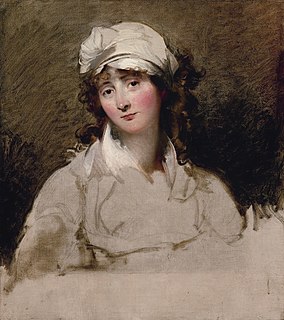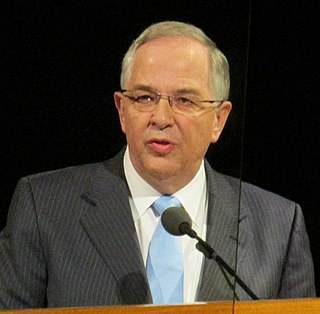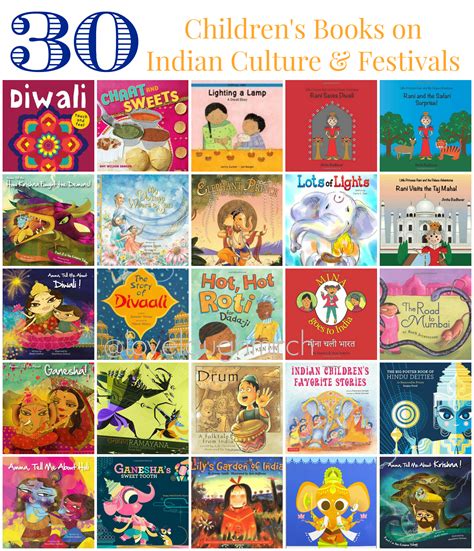A Quote by John Locke
Who hath a prospect of the different state of perfect happiness or misery that attends all men after this life, depending on their behavior, the measures of good and evil that govern his choice are mightily changed.
Related Quotes
Whereas happiness is the highest good, being a realization and perfect practice of virtue, which some can attain, while others have little or none of it, the various qualities of men are clearly the reason why there are various kinds of states and many forms of government; for different men seek after happiness in different ways and by different means, and so make for themselves different modes of life and forms of government.
The life of any one can by no means be changed after death; an evil life can in no wise be converted into a good life, or an infernal into an angelic life: because every spirit, from head to foot, is of the character of his love, and therefore, of his life; and to convert this life into its opposite, would be to destroy the spirit utterly.
The sad truth is that man's real life consists of a complex of inexorable opposites - day and night, birth and death, happiness and misery, good and evil. We are not even sure that one will prevail against the other, that good will overcome evil, or joy defeat pain. Life is a battleground. It always has been and always will be; and if it were not so, existence would come to an end.
In the story of the Creation we read: ". . . And behold, it was very good." But, in the passage where Moses reproves Israel, the verse says: "See, I have set before thee this day life and good, and death and evil." Where did the evil come from? Evil too is good. It is the lowest rung of perfect goodness. If you do good deeds, even evil will become good; but if you sin, evil will really become evil.
Let us look upon a crucified Christ, the remedy of all our miseries. His cross hath procured a crown, his passion hath expiated our transgression. His death hath disarmed the law, his blood hath washed a believer's soul. This death is the destruction of our enemies, the spring of our happiness, and the eternal testimony of divine love.
A man of fashion does not like to be reckoned poor, no more than he likes to be reckoned unhappy. We none of us endeavor to be happy, Sir, but merely to be thought so; and for my part, I had rather be in a state of misery, and envied for my supposed happiness, than in a state of happiness, and pitied for my supposed misery.
God was happy without humans before they were made; he would have continued happy had he simply destroyed them after they had sinned; but as it is he has set his love upon particular sinners, and this means that, by his own free voluntary choice, he will not know perfect and unmixed happiness again till he has brought every one of them to heaven. He has in effect resolved that henceforth for all eternity his happiness shall be conditional upon ours.
We can work, study, laugh and have fun, dance, sing, and enjoy many different experiences. These are a wonderful part of life, but they are not central to why we are here. The opportunity to choose good over evil is precisely why we are here. Not one of us would say, "I want to choose evil." We all want to choose the right. However, the choice of good over evil is not always easy, because evil frequently lurks behind smiling eyes.
What is the most profitable? Fellowship with the good. What is the worst thing in the world? The society of evil men. What is the greatest loss? Failure in one?s duty. Where is the greatest peace? In truth and righteousness. Who is the hero? The man who subdues his senses. Who is the best beloved? The faithful wife. What is wealth? Knowledge. What is the most perfect happiness? Staying at home.
Good and Evil are names that signify our appetites and aversions, which in different tempers, customs, and doctrines of men, are different: And diverse men differ not only in their judgment, on the senses of what is pleasant and unpleasant to the taste, smell, hearing, touch, and sight, but also of what is conformable, or disagreeable to Reason, in the actions of the common life. Nay, the same man, in diverse times, differs from himself, and one time praiseth, that is, calleth Good, what another time he dispraiseth, and calleth Evil.




































